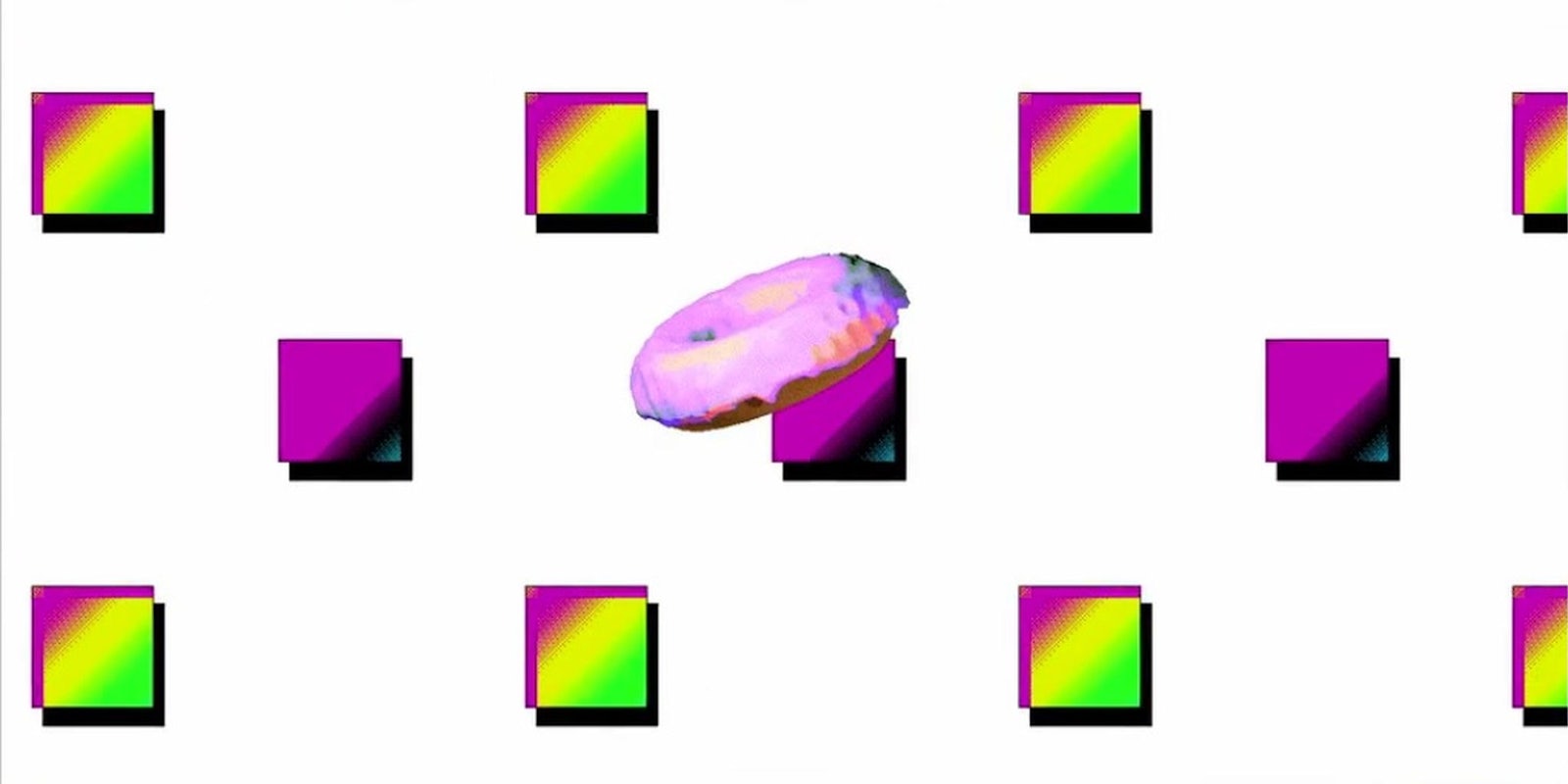BY NADJA SAYEJ
A screenshot of Cache Monet
On Nov. 13, the Brooklyn-based interactive creative Tim Nolan launched Cache Monet, a retro site filled with 1990s-inspired GIFs. In three weeks, he had over 880,000 visits, received offers from galleries, and sold a four-minute video clip to a social network founder for over $3,000.
He’s inspired by the unusual combination of computer caches and impressionist painter Claude Monet, and the result of this eclectic blend aims to be autonomous and generative. The website is a mixture of curation by Universal Scene, code by Lasse Korsgaard, and music by Jib Kidder.
Cache Monet’s unending loop of GIFs, both custom made and hand-picked from Tumblr, are hinged on net nostalgia. Everything from MS Dos to potato chips, VHS and Windows XP capture a time when Nolan first saw the internet as exciting, experimental and fun to explore, and this focus brings an old school vibe to the work.
One retro GIF makes up the foreground, and another the background.
While digital art is undoubtedly popular, it can be notoriously difficult to sell in an increasingly conservative art market. As the Digital Art Collection notes, only a handful of collections worldwide focus exclusively on digital art. But at the same time, Rhizome reports that collecting contemporary art has to mean buying digital art.
Nolan has a day job at an ad agency, but Cache Monet is nevertheless a good example of how digital artists can profit outside the typical art world, where galleries take up to 50 percent of artist’s profits: Selling your work online means removing that middle man.
Nolan spoke to me from his studio about curating Tumblr, ‘net nostalgia, and why he remains hopeful about the future of digital art.
Read the full interview on Motherboard.


